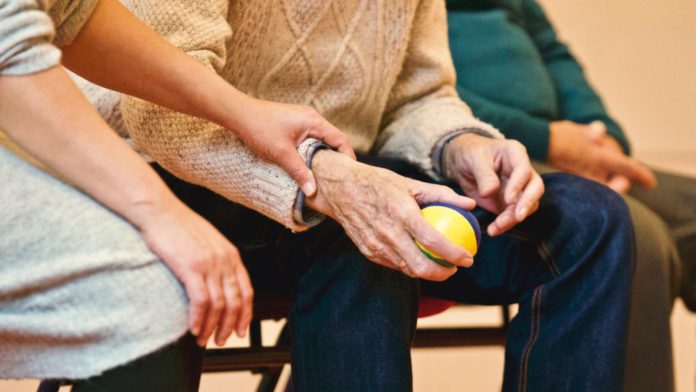Home rehabilitation programme called REACH-HF, significantly improves quality of life in heart failure patients
A new study has found that the Rehabilitation Enablement in Chronic Heart Failure (REACH-HF) programme, significantly improved quality of life and is also cost effective.
The REACH-HF programme is a home-based programme of exercise and well-being for patients with heart failure. These are patients with reduced ejection fraction.
The programme that also addresses their caregivers was designed to make rehabilitation more accessible.
International Congestive Heart Failure Study (INTER-CHF) 2017, which was published in the Lancet, showed that overall mortality due to heart failure is 23% in India
Heart failure is a serious condition where the heart muscles do not contract as effectively as they should, resulting in poorer circulation of blood around the body. This affects approximately one in ten patients above the age of 70 years.
Although nationwide data is scarce, the International Congestive Heart Failure Study (INTER-CHF) 2017, which was published in the Lancet, showed that overall mortality due to heart failure is 23% in India.
The REACH-HF programme was co-designed by doctors, academics, patients and caregivers to help increase participation in rehabilitation therapies for heart failure patients by bringing care into their own homes.
The new 2018 heart failure guidelines from NICE (The National Institute for Health and Care Excellence) also recommend that patients are offered the option of a personalised home-based rehab programme that is easily accessible.
In the study, researchers monitored patients participating in the programme for 12 months, and found that their quality of life was significantly improved compared to patients not undergoing rehabilitation.
Findings of the study have been published in the European Journal of Preventive Cardiology.
The study involved 216 patients with an average age of 70 years. Those undertaking the REACH-HF were assisted by specially trained cardiac nurses or physiotherapists for 12 weeks. In addition to education and psychological support the rehab programme included chair-based or walking exercises three or more times a week.
The patients’ quality of life was then monitored over the course of a year using a disease specific Questionnaire. There is also a manual for helping people come to terms with both the physical and psychological impact of heart failure and also understand relaxation techniques.
The study shows significant clinical benefit for participants when compared to patients not undergoing rehabilitation.Dr Hasnain Dalal, of the University of Exeter and the Royal Cornwall Hospitals NHS Trust, who led the study said: “Our research gives us hope that this more accessible rehabilitation intervention will increase participation and improve patients’ quality of life.”


